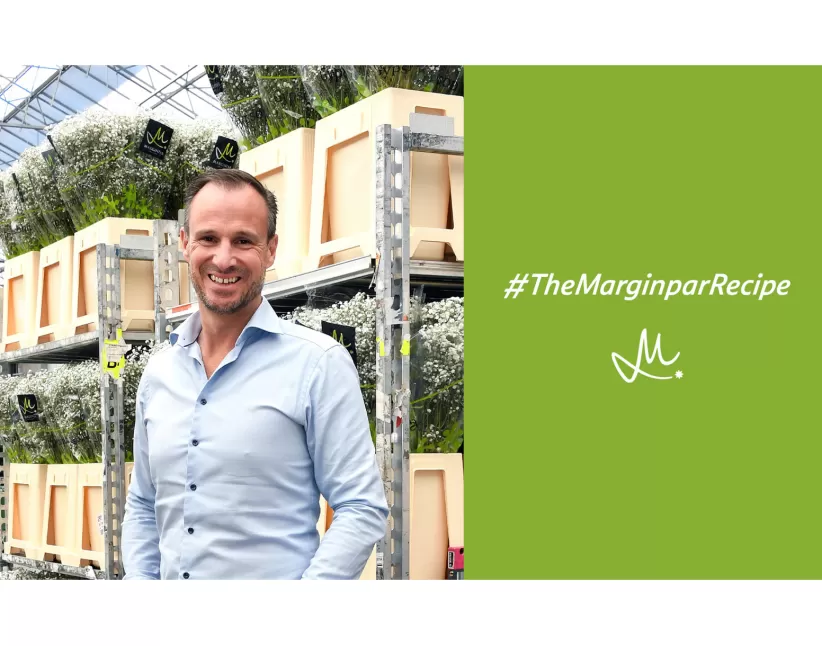
Jonathan Ralling - Exploring business amid uncertainty
His first 150 days at Marginpar
Our new Group Managing Director Jonathan Ralling has been with us for 150 days now. Time to catch up with him! How did his first few months go? Was it anything like he expected? How is he planning on handling the challenges that he has encountered? Let’s dive straight in!
The pull
You could say that Jonathan was already rather familiar with the world of horticulture, with more than 20 years of experience in the industry. So what drew him to Marginpar? Jonathan: “Well, at first I just wanted to see if what Marginpar was saying they were all about was true. The communication on all platforms is so specific, the business so remarkable; that drew my attention. Then, what drove me was the opportunity to be involved within a floriculture brand - of which there are not very many. There are even fewer that are product-focussed. I think the opportunity to have something that is very brand developmental but from a product perspective was very interesting. Also, Marginpar’s long term vision drew me in. In a world facing a tremendous amount of short-term challenges that vision is really important; not to get dragged off course by things that are happening in the short-term.”
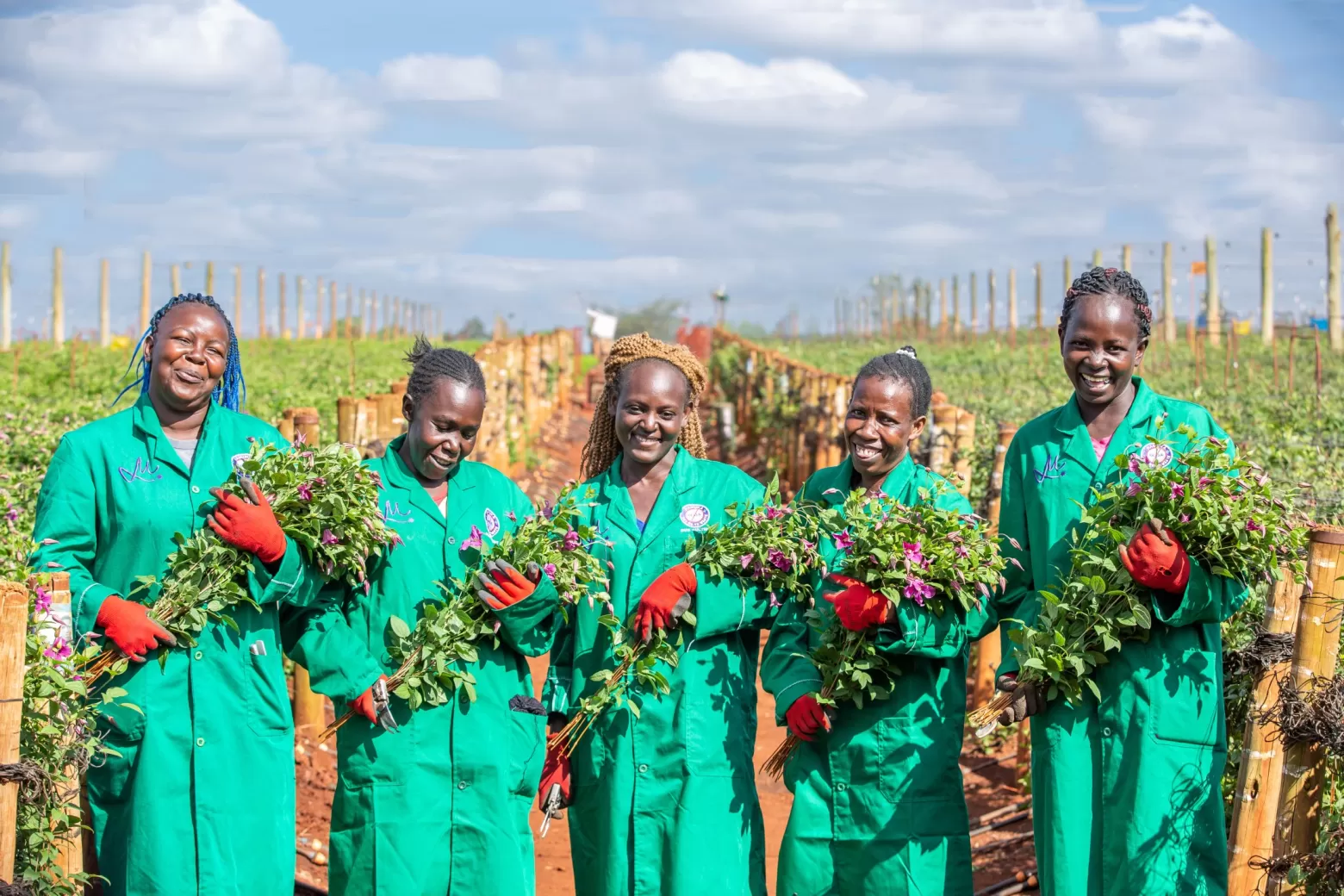
A love for the organisation
Jonathan is a talker, and evocatively recounts his first days visiting Marginpar: “I spent my first week in Kenya going around the farms. When I was visiting our farms, the people seemed to have real energy about them and genuine enthusiasm on their way into work in the morning.
”They really had a sense of being part of a team.
Then on Saturday, I drove through a competitor farm and I saw exactly the same level of enthusiasm, but for people going home rather than going to work… We’ve got this culture thing, which is tremendous commitment. It’s almost like a love for the organisation and belief in the values of the organisation. I think that’s something that we have as a business that is massively important.”
Genuine innovation
While Jonathan is quickly getting to know the company better, he is sure to observe the world around us. “So we’ve got this tremendous belief, fantastic culture, but at the same time we have to be sure that we are also building capacity, building capability, building performance, so that we can compete. Our competitors may not have our strength of culture, but they will have our strength of capability, capacity and also investment. I’ve always been a firm believer that we must never assume that our competitors are not as good as we are. And we need to make sure that what we see as innovation and development is genuine innovation and development - that what we see as a point of difference in terms of our product is recognized by both our current customers and our future customers. There is no doubt, we’ve got a lot of challenges. Some of which are already here and some of which are heading our way. We are lucky, in many respects, because we have a good base.”
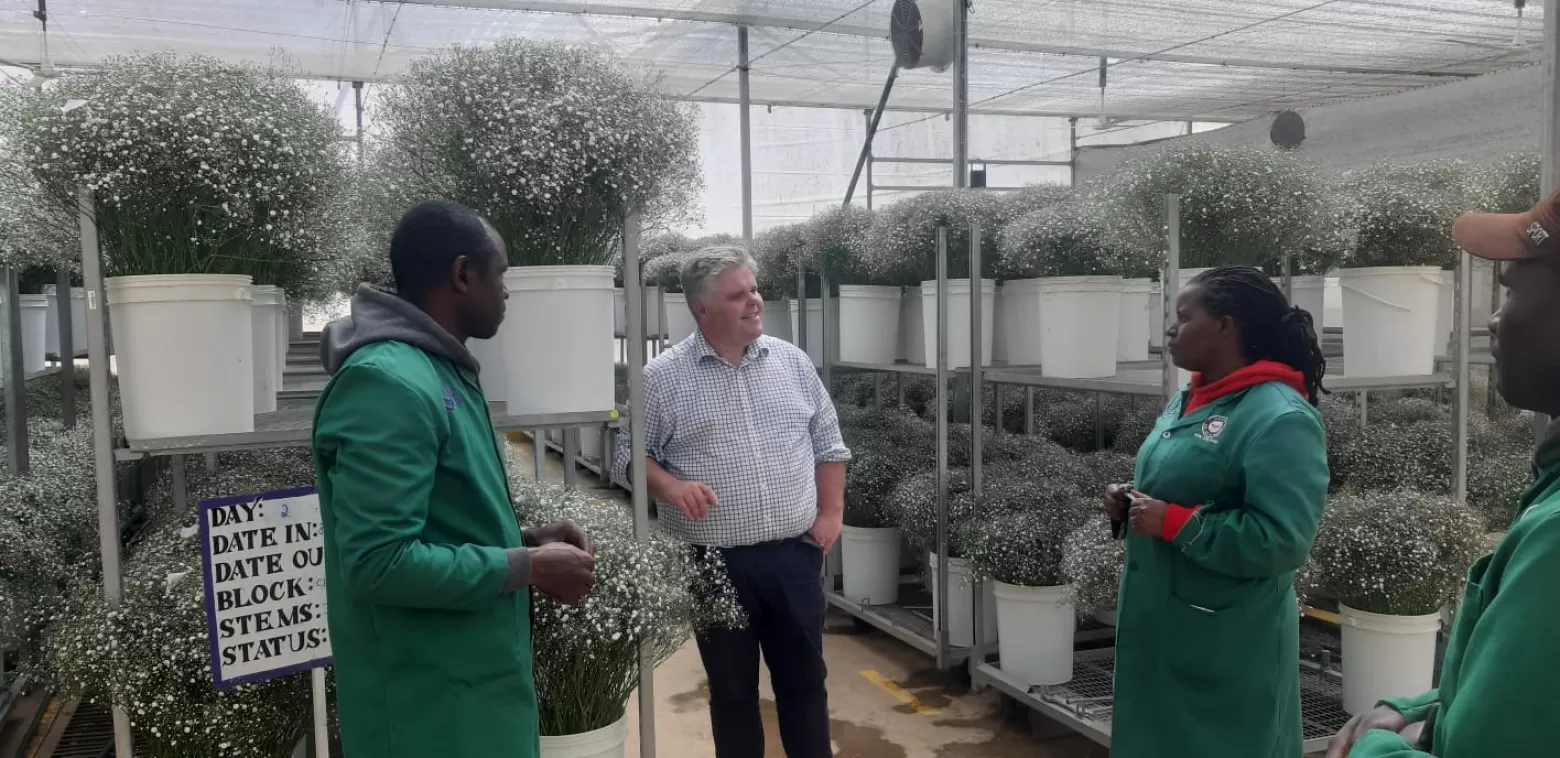
A juggling act
“The practical challenges that we are facing as an organisation are mainly in supply chain costs and market uncertainty. It’s very challenging right now. The recent energy challenges affect both sides of the market. Will we be able to bring the same amount of flowers to the market, and what will demand be like? We have very loyal customers, and we have a customer base that is absolutely committed to our quality. But we are also in a market that involves a discretionary purchase: you don’t need flowers to survive. They are nice-to-haves, rather than must-haves. So there is a level of uncertainty around demand. We’ve got to make sure that we are investing the right amount of time in really understanding where the market is going. That’s difficult right now. Because nobody knows. It’s chaos out there. The world order is changing. Conflict as a challenge, the back of COVID…”
Magic solution
So what should we do then? Jonathan: “The world is extraordinary. I don’t think we could have envisioned the challenges we have right now three years ago. Which just goes to show how difficult it is to forecast what the world is going to be like in three years’ time. We really need to understand where our opportunities lie, work hard in terms of our weaknesses and make sure that we are mitigating macro threats. There is no magic solution. That comes down to having strong processes and a strong culture. It comes down to working very hard. Our job in the next 2 or 3 years is to keep on course directionally. It’s quite a juggling act, not for me, but for the business - of which I’m very happy to be a part of.”
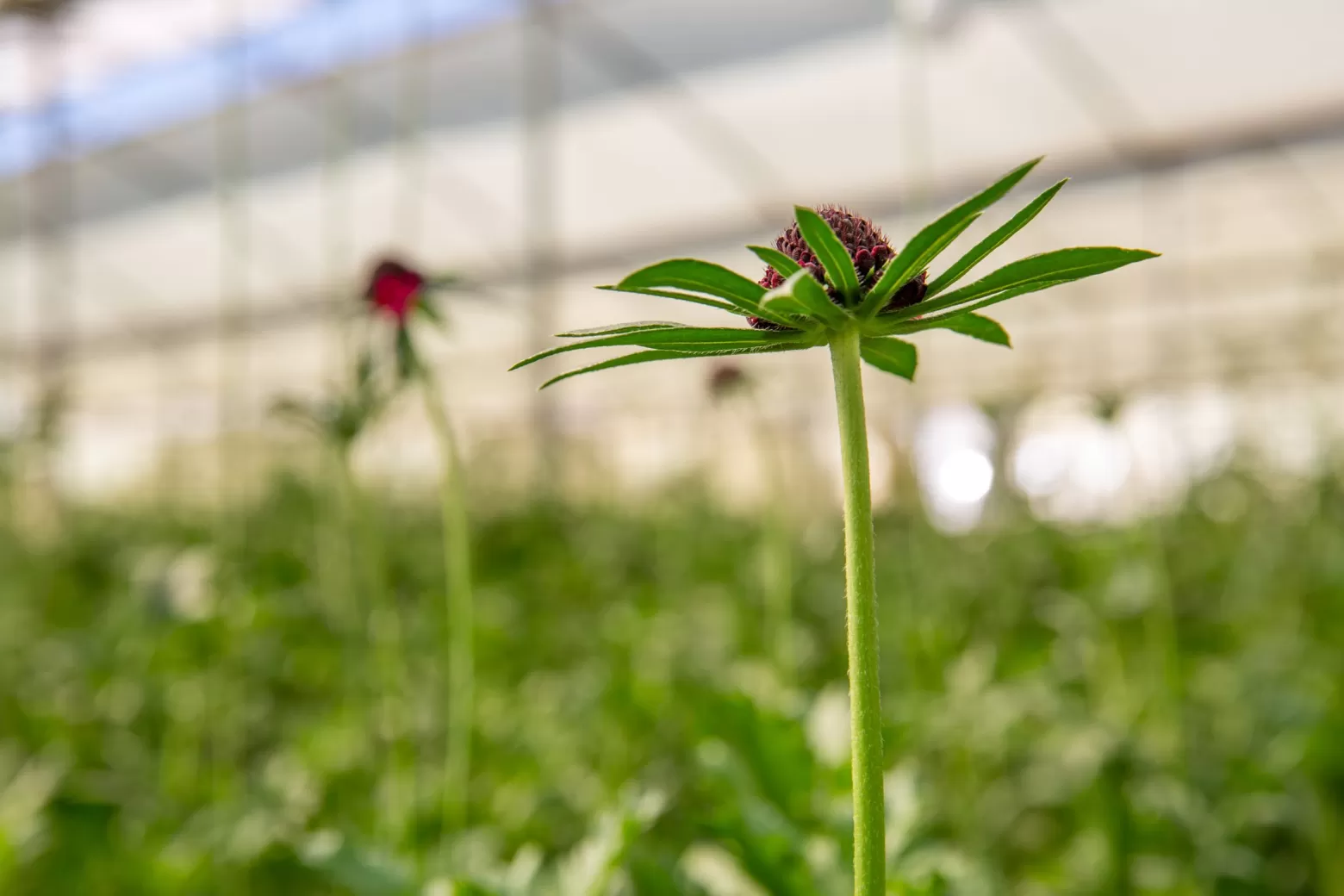
Competitive and profitable
“In essence, we’ve got two things to worry about. We’ve got to remain competitive and we’ve got to remain profitable. Competitive enough to be able to grow and profitable enough to invest. And they are two very practical challenges. They’re the big things. In order to remain competitive, we’ve got a lot of work to do in terms of efficiencies, and identifying the product areas that we want to be in. From a competitive point of view we’ve got to make sure we are aware of the market conditions and that we’ve got a good handle on what is and isn’t value for our customers.”
“I like talking to people”
While listening to Jonathan, one thing really stands out: Jonathan is a people person. In his role to achieve a long-term strategic view that enables us to deliver to our stakeholders, his job is one of support. Jonathan:
”“I’m a firm believer that you can do very little on this world on your own.
My job right now is to immerse myself in the business. To try and identify the areas where I see the most support is required. To make sure that we’ve got the resources in place for the things that are really important, and to make sure that we continue to move the business forward. Most of my time is spent actually talking to people. I like talking to people. Getting around and trying to understand the business. I’m a hundred and fifty days into what is a relatively complicated business. It’s got a wide geographic spread, a big basket of opportunities, and a big basket of challenges. It’s highly unlikely that I’m going to find that out by sitting at my desk and using Google. In order for me to find that out I have got to go out and speak to people. See things. I speak to people constantly, around the farms, in the office. I must drive people crazy.”
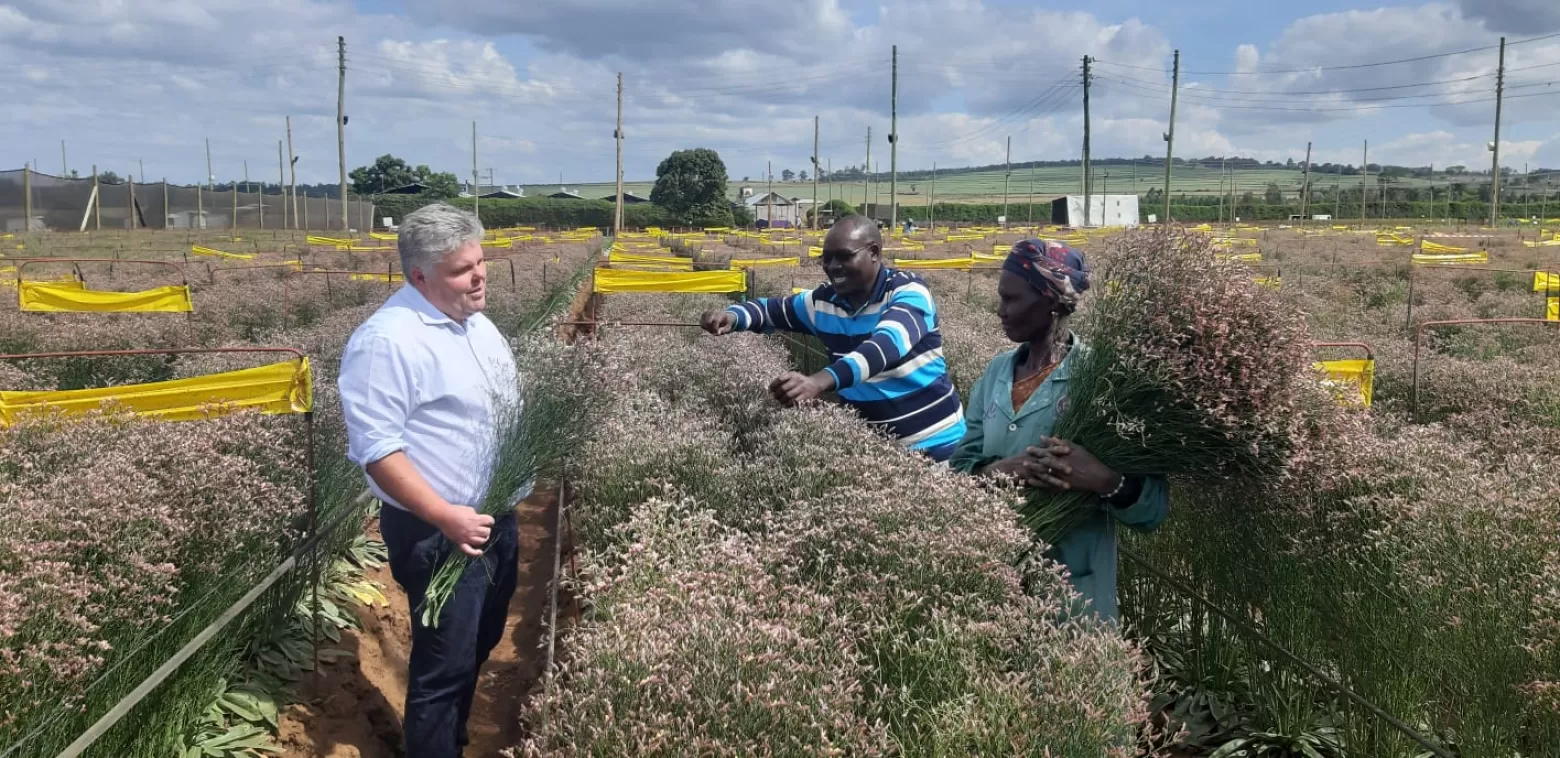
We have to listen
Jonathan continues: “When we talk about operations on the farms for example, I’m interested to hear what people think. I don’t need to ask the farm manager what the food is like for our value adders, I can either ask some of the value adders what they think of the food or I can go and sit in the canteen and eat it. That is important, we have to listen. 1. We don’t have all the answers ourselves, 2. The reason we don’t have the answers is we’re not in the best position to find out. People who really understand this business in terms of quality e.g. are those that are handling the flowers. They really understand quality because they’re doing it every day. Our value adders are handling in excess of 100,000 stems every day. That’s a 100,000 more than I’m handling, so who is the expert? It’s important to get around to people, to listen and to work out where we need to improve. For the business to succeed in the long term, we need to continue to improve everything. It’s not just about cutting costs. It’s also about investing in the right things. If we create a better working environment, the chances are we improve productivity. It is a case of looking at everything all of the time.”
People infrastructure
One of the things we say at Marginpar is that we ‘grow people’. How? Jonathan explains: “We are lucky to have tremendous people infrastructure. We invest in autonomy, we give people the possibility to take responsibility and I think that is not something that happens in all businesses. Businesses that I’ve been involved with in the past would spend an awful lot of money training people to tell other people what to do.
”We develop people so that they can be responsible, accountable and have real autonomy.
That’s extraordinary. If we look at our problem-solving at the farms, we are solving 90% of our problems within our farming operations, before they get anywhere near a level of senior management. If we could all say that we went to work every day and solve 90% of our problems before we had to ask the next guy on the ladder… I don’t think there’s many people that can say that.”
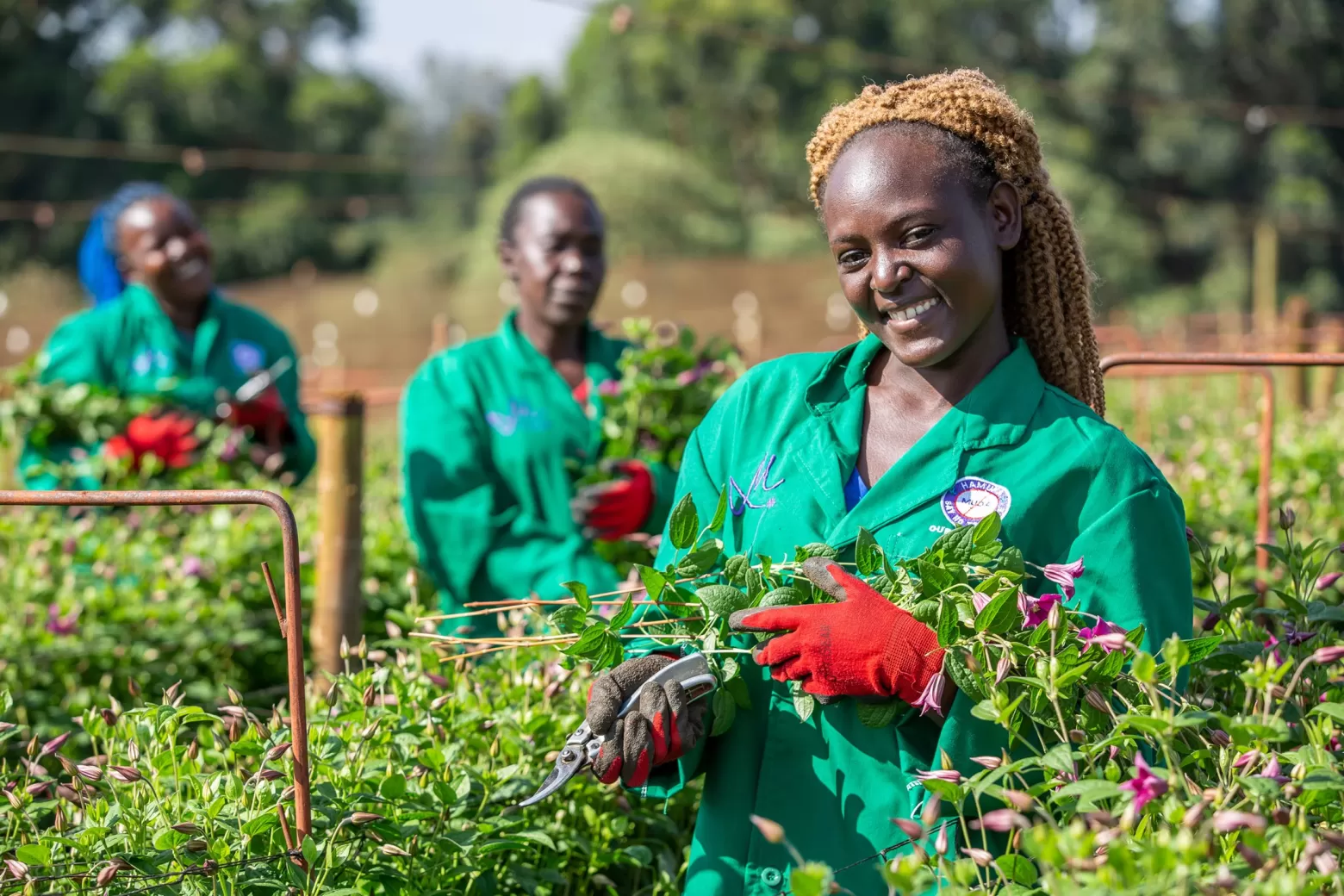
Continuous improvement
So if all goes right, where will we be in two decades? Jonathan: “I think there is an opportunity to continue to build in terms of our product and take it to more parts of the world. Operationally there are opportunities for us to become more efficient. I’m a firm believer that it’s really important to get better as well as get bigger. Otherwise, you can end up with a bigger business that is unbalanced. We’ve invested in the new NL facility that has 3.5 times more cold storage than the existing one. So we have to have something to put in there, otherwise it’s just a big fridge. We need to grow into our infrastructure, into our ambition, into our potential. The only way we do that is continue to get better. Our core principles have gotten us to this point. Principles around innovation, around development of people, investing in the future - all the things that got us to here, in terms of our journey. We’re halfway up the mountain. We’ve got this path and we shouldn’t lose sight now…”
”“Continue to focus on quality, innovation, and people.”
The M concept
Marginpar is not just another flower business, it’s a concept. A very unusual one, according to Jonathan: “Concepts are often difficult to understand by definition. Conceptual thinking is not for everyone. But I think it’s a relatively easy concept to understand. When people talk to me who don’t know what I do, I find it very easy to explain. I talk about the relationship between the commitment to quality in terms of great product and the commitment to people in terms of great value adders and the fact that they go together. I talk about patient investors, which I think is very important in a world where everybody wants the fastest possible return. We’re very lucky with our investors. They have a long-term view, in terms of the business. That’s really important. It enables us to be consistent, to stick to our principles. I think as a business, Rob and Kiki (co-CEO’s) have built something that goes well beyond a normal business. That is extraordinary.”

Stick to what you believe in
“In three years’ time, the thing that I will be most proud of when I look back will be the fact that we retained our principles. We didn’t feel the need to change, we stayed true to ourselves, true to the beliefs of the business. When you can win consistently within the rules, not having to cut corners, you have a great business model. All throughout my career, that has been my guiding principle. You should stick to what you believe in. If an environment forces you to change, then you are probably in the wrong environment.
After these first 150 days, I feel like I’ve been here a lot longer, which I know sounds cheesy, but it does feel like that. I feel at home here, even though I’m a few thousand miles away from my actual home.”

